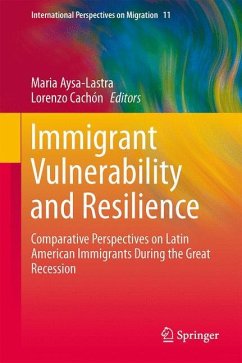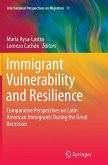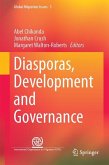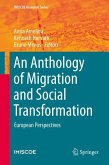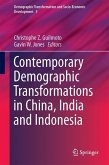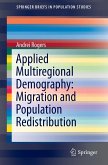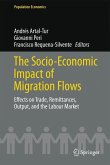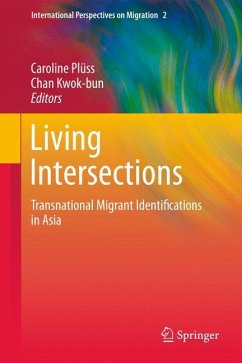This book explores how the current sustained economic slow-down in North America and Europe has increased immigrant vulnerability in the labor market and in their daily lives. It details the ways this global recession has affected the immigrants themselves, their identities, as well as their countries of origin. The book presents an interdisciplinary dialogue as well as offer a transatlantic comparative perspective. It first focuses on the immediate effects of the Great Recession on immigrants' employment. Next, it connects the experience of immigrants in the labor market with their experiences in the social arena in receiving societies. Coverage also explores the effects of the economic downturn on transnational practices, remittances and return of Latin American migrants to their countries of origin.
This volume will be of great interest to faculty and graduate students who are interested in international migration studies from the fields of sociology, economics, anthropology, geography, political sciences, and other social sciences. It will also be of interest to professionals and policy makers working on international migration policy and the general public interested on the topic.
This volume will be of great interest to faculty and graduate students who are interested in international migration studies from the fields of sociology, economics, anthropology, geography, political sciences, and other social sciences. It will also be of interest to professionals and policy makers working on international migration policy and the general public interested on the topic.
"Aysa-Lastra and Cachón's book deepens our knowledge while broadening our understanding of the intersectional nexus of employment, migration status, and racialization. ... a timely contribution to urgent discussions of immigrant vulnerability during times of economic crisis. Beyond Latin American and transatlantic specialists, it should be read by scholars of immigration and incorporation, labor economists, and policy-makers and service providers grappling with the experiences of immigrants in receiving societies." (Timothy S. Gutierrez, Contemporary Sociology, Vol. 45 (5), September, 2016)

